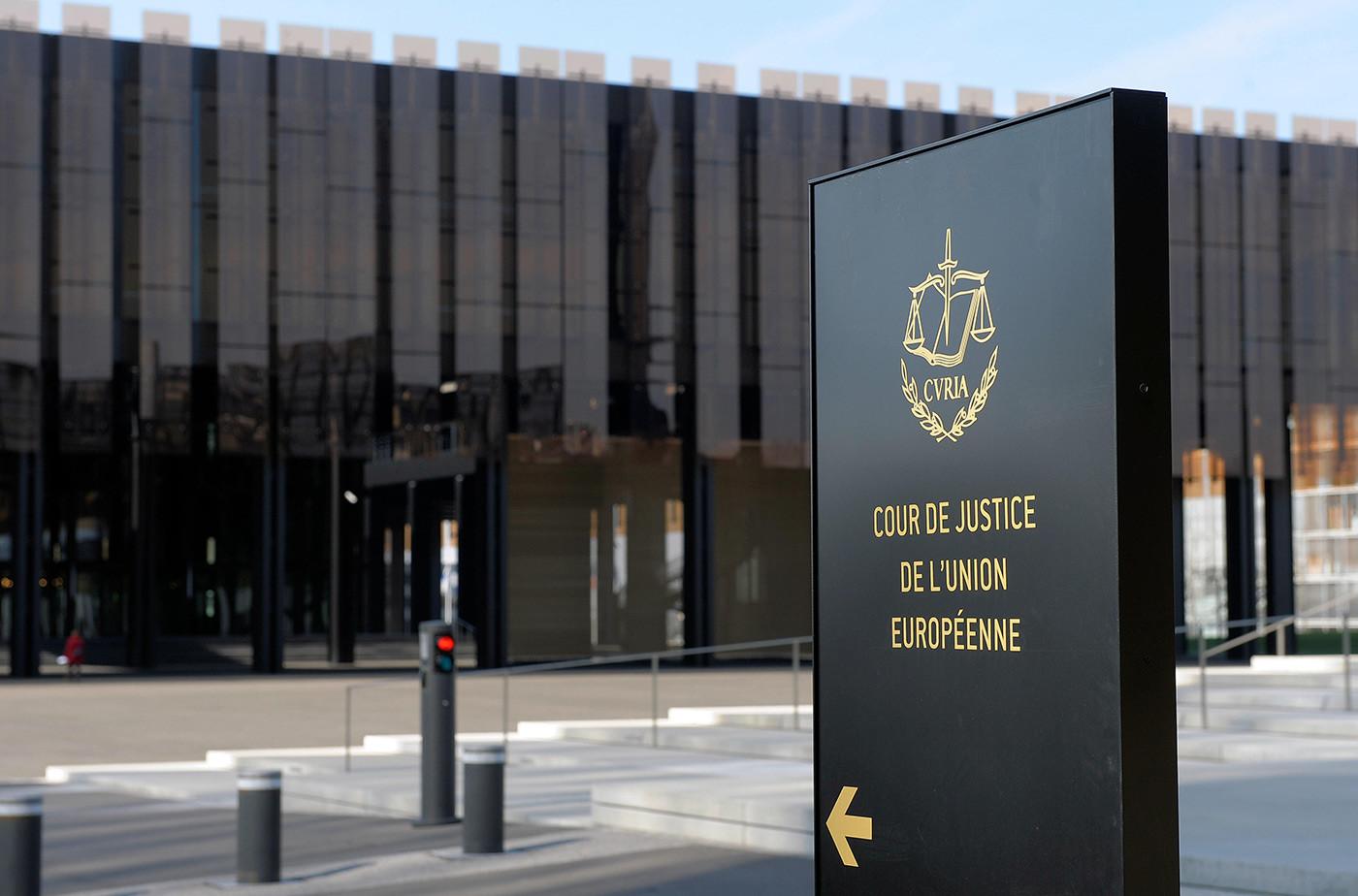
FAQ: The EU Ruling on Ownership Transparency and What It Means for Journalists
The following is an OCCRP article.
Who is a beneficial owner? Why is beneficial ownership disclosure important to fighting crime and corruption?
A beneficial owner is the person who ultimately controls a corporate entity, or stands to profit from its activities. In industry terms, they are often known as the “ultimate beneficial owner,” or “UBO.”
In lots of cases, the beneficial owner might simply be the company’s legal owner. In more complex corporate structures, however, the true owner may hide behind proxies, such as so-called “nominee” shareholders or shell companies. Criminals and kleptocrats often use these structures to move money around the world while keeping their names off the paperwork.
Thanks to leaks such as the Panama Papers, we know that there’s a massive industry of lawyers, accountants, and company formation agents who are willing to help corrupt and criminal actors hide their wealth. They often help hide their clients’ identities by setting up multiple layers of anonymous companies in so-called “secrecy jurisdictions” — that is, countries or territories that do not require ownership to be publicly disclosed. A large majority of serious corruption cases use anonymous companies to evade detection.
After years of civil society activism and corruption exposés, governments around the world have taken steps to reduce the abuse of anonymous companies. As of this year, 108 countries have committed to establishing registers of beneficial ownership information and making them public. Of these, 37 have already implemented such a plan. The Financial Action Task Force, an intergovernmental anti-money laundering agency, also supports beneficial ownership transparency, as do the G7, the G20, the International Monetary Fund, the United Nations, and the World Bank.
Public beneficial ownership registers can help people learn who is buying the property next door, building a factory in their town, winning local procurement contracts, or providing their medicine. Journalists, civil society actors, and law enforcement agencies use ownership data to investigate corruption and other forms of wrongdoing. Companies, banks, and other businesses use it to learn who they’re doing business with. Beneficial ownership transparency can also build market confidence among investors and contribute to a more level economic playing field.
What did the Court of Justice of the European Union (CJEU) decide regarding public access to beneficial ownership registries?
Back in 2018, the European Union passed a landmark legislative act, known as the Fifth Anti-Money Laundering Directive, in an effort to prevent bad actors from using the financial system to launder money or fund terrorism. The directive required all EU member states to make beneficial ownership information accessible to “any member of the general public.” At a minimum, that information was required to include the beneficial owner’s name, their month and year of birth, their country of residence, nationality, and the nature and extent of their interest in a given company. Member states had until January 2020 to comply.
Most countries had set up these registries, or were nearly finished doing so, when the CJEU ruling came down on November 22. The decision invalidated the provision requiring public access, arguing that it conflicted with the EU’s right to privacy and personal data protection. The ruling did say that the media and civil society groups that fight money laundering have a “legitimate interest” in accessing this information, but it’s unclear how this provision will work in practice.
How did this case end up before the CJEU?
The case started when a company, Sovim SA, and an individual identified as “W.M.,” applied separately to have their beneficial ownership information excluded from Luxembourg’s beneficial ownership registry.
Sovim argued that disclosing its ownership data would “infringe the right to respect for private and family life and the right to the protection of personal data.” W. M.’s legal team contended that the publication of his ownership information “would seriously, actually and immediately expose W.M. and his family to a disproportionate risk and risk of fraud, kidnapping, blackmail, extortion, harassment, violence or intimidation.”
Their claims were denied. But they appealed the decision, asking a higher court to rule on what circumstances would exempt an entity from reporting. The Luxembourg court then approached the CJEU with a much broader question about whether public access was compatible with the right to privacy — going well beyond the scope of the questions raised by the claimants.
W. M. was later identified by Luxembourg media as businessman Patrick Hansen, who was suing to avoid his name appearing as a beneficial owner of a real estate company. In 2008, Hansen founded Luxaviation, a large private jet company, alongside Nikolay Bogachev, a Russian billionaire and former KGB officer. Hansen also has ties to companies incorporated in offshore jurisdictions such as the British Virgin Islands, according to reporting by the International Consortium of Investigative Journalists that drew on the Pandora Papers, a massive leak of documents from offshore service providers published in 2021.
Mishcon de Reya, a global law firm, took credit for the judge’s decision. Filipo Noseda, the partner of the firm who led the appeals, is a well-known advocate for restricting beneficial ownership transparency and other types of financial reporting.
 Videos
Videos Photos
Photos
Write a comment